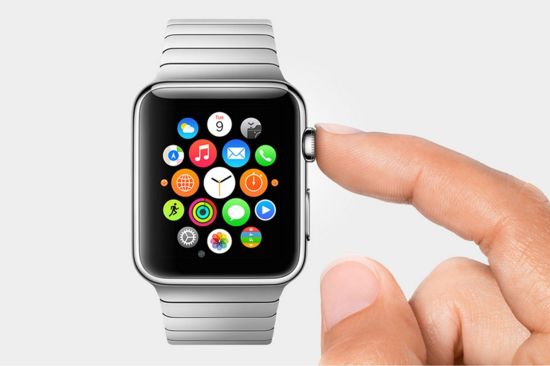I read this post unintentionally, but I found that it clearly explains the term of time value of money from one aspect. Time value of money means that the value of a dollar to be received in future is less than the value of a dollar on hand today, which is caused by two ways, including money received today can be invested and risks involved in lending (e.g. default risk and inflation). In this post, it explains the aspect that is related to inflation. It mentions that the prices of many different products and services increase, for example, milk, gas and tickets to Disney World. If people lend money to someone or some institutions and the interests they get is lower than the increase of inflation, they are going to lose money.
Because of this article, I better understand why some people prefer having money today than future. To me, the uncertainty of the value of a product should be less than that of currency. If they choose to have money in the future, the purchasing power is going to go down.
Time value of money can also be used to decide whether we should produce one product or not. Some people might think if the total revenue minus cost is positive, we should then produce the products. However, the true concept is that we should consider the interest rate in the market while we are doing the calculation, which is related to the reason of investment. To me considering the interest rate is similar to considering opportunity cost. In economics, should a man run his own business or work for others depending on whether the profit he can own from running his own business covers his wages. (His wages is the opportunity cost.) Similarly to that, we should also consider investment or interest rate before production.




Recent Comments